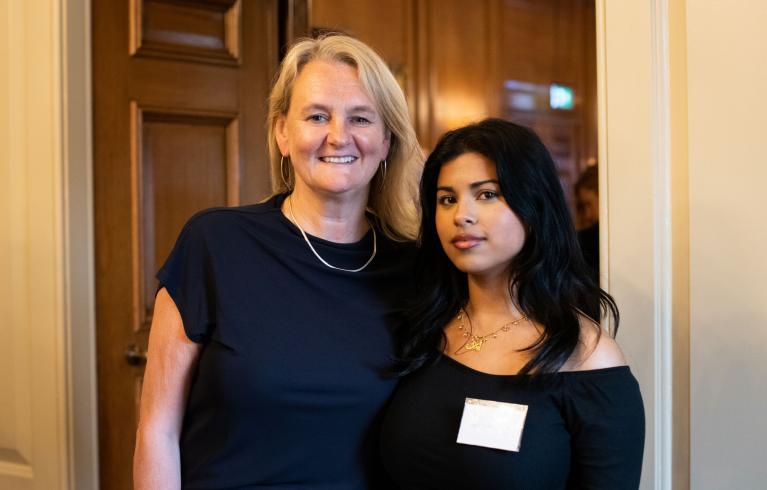
Key information
Publication type: General
Contents
Programme Description
The Girls and Young Women’s (GYW) Mentoring programme was a pilot programme across six London boroughs to focus on gaps in provision for girls and young women.
The programme provides a community-based service, across four different organisations, offering support for girls and young women through safe spaces and mentoring based on the differing needs at crucial age points from 9-25 years old.
This pilot has informed the re-commission of a two-year Girls and Young Women’s Community-based mentoring programme which started delivery in April 2024.
Evaluation Overview
The London VRU commissioned Ecorys UK, in partnership with Renaisi, to undertake a mixed methods process and impact evaluation of the programme.
The project submitted a final report as well as a ‘young person’ facing report, co-designed with the VRU Young People’s Action Group. As this is a small-scale pilot, the evaluation findings are limited by sample sizes and timescale. Therefore the report places a key focus on the process of implementation.
Key Findings
The evaluation highlights several mobilisation challenges, including refining the eligibility criteria and raising awareness of the service across referring organisations.
The report finds some early indications of positive changes in:
- self-confidence, positivity and hopes for the future
- mental health and wellbeing
- relationship and socioemotional skills
- making decisions and choices
Emerging Best Practice
The evaluation found that engagement from girls and young women was more likely when the service had been recommended via a trusted individual in that young person’s life (i.e. family, friends, teachers etc.)
One-to-one support for GYW was bespoke and led by young people, who were given agency in choosing both the format and content of the activities they engaged in. Delivery staff adopted approaches that were informed by gender and trauma, as well as being focused on strengths and solutions. Support for GYW was relationship-based and enabled delivery staff to invest time in building up a trusting dynamic with participants. This relationship became a key mechanism of support throughout the programme.
The report highlights four practice-led innovative approaches utilised throughout the programme. These were:
- trauma-informed
- gender-informed
- culturally-aware
- strengths based
Challenges and Lessons Learned
Communication and transparency were important to partnership working enabling problem solving and smooth referrals. However, there were sometimes challenges in ensuring strong communication within the partnership.
Delivery organisations used separate data systems, which created challenges in bringing data together and articulating the scale and impact of the whole programme.
Timing of mobilisation during summer months and the resource required for profile-raising in new locations was an initial barrier to generating referrals.
Next Steps
The VRU has commissioned a second iteration of this programme to build upon this pilot and to further explore innovate approaches for engaging girls and young women.
A longer-term impact evaluation of this programme has been commissioned and will be delivered by Ecorys & Renaisi.